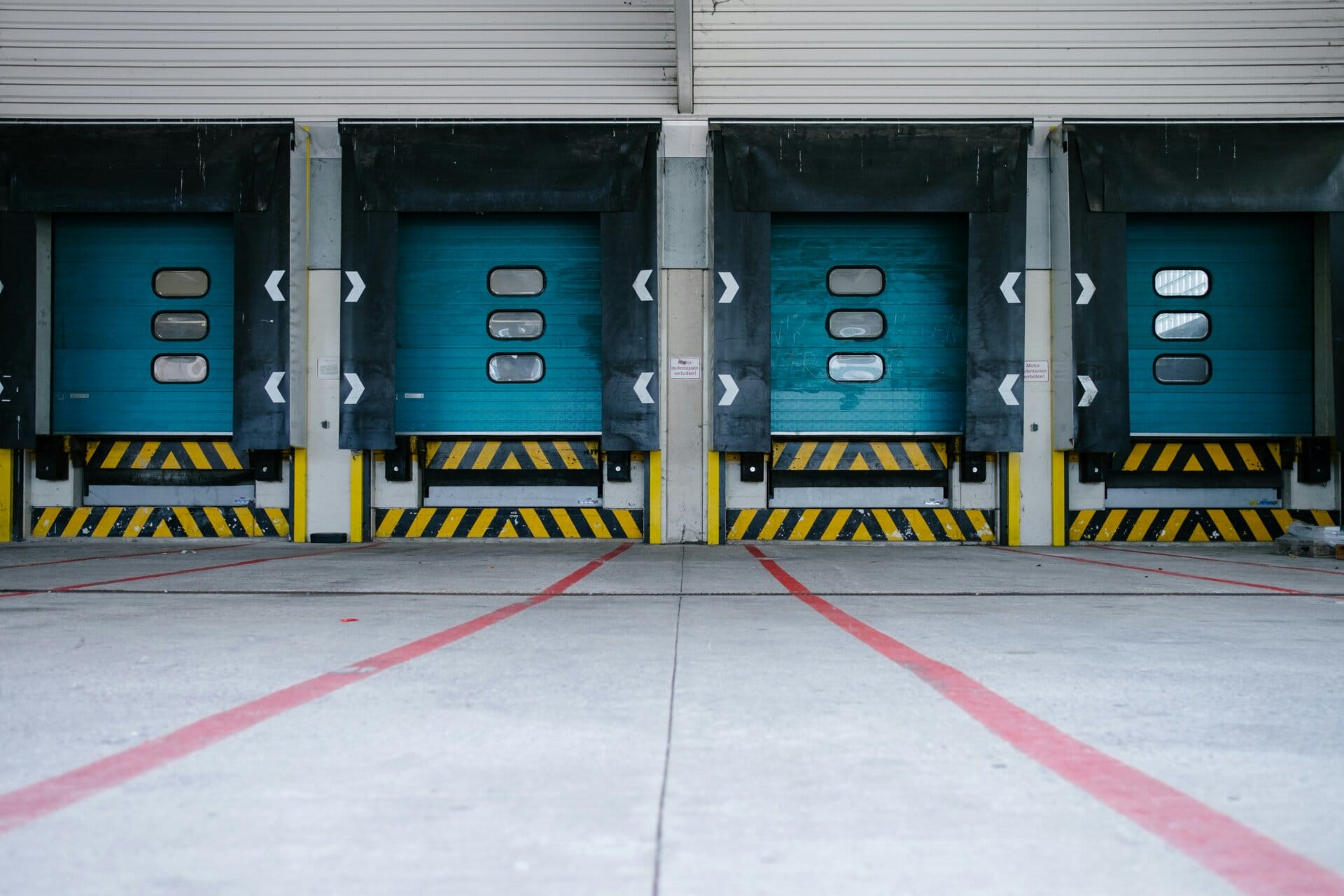From small craft distillers to global brands, the alcoholic beverage industry has long grappled with complex distribution networks and strict regulatory frameworks. While these regulations vary from country to country, the fundamental challenge remains the same: getting products from producers to customers in a streamlined, efficient way. Enter e-commerce, which is reshaping how producers, distributors, and retailers interact—bringing the convenience of online ordering and data-driven solutions to an industry historically dominated by offline, manual processes.
How E-Commerce Is Revolutionizing Alcohol Distribution
- Centralized Access to Products
- Traditional Challenges: Retailers often navigate multiple platforms or contact different suppliers for each product. This fragmented approach can be both time-consuming and prone to errors.
- Digital Solutions: E-commerce marketplaces (both B2B and direct-to-consumer) aggregate thousands of products into a single online catalog. Retailers or consumers can log in once, explore a wide range of options, and place orders with minimal hassle. This seamless process not only saves time but also ensures a more consistent, transparent shopping experience.
- Traditional Challenges: Retailers often navigate multiple platforms or contact different suppliers for each product. This fragmented approach can be both time-consuming and prone to errors.
- New Marketing and Promotional Opportunities
- Personalized Recommendations: Just as streaming services suggest new shows based on viewing history, e-commerce platforms can recommend spirits, tailored to a buyer’s preferences and purchase history.
- Targeted Campaigns: Brands can capitalize on user data—such as location or venue type—to display relevant product portfolios. A high-end restaurant might see recommendations for premium spirits, while a casual sports bar might be shown popular mid-range ones.
- Global Reach: Online platforms enable producers to access new markets beyond their local region. Smaller brands, for example, can easily extend their footprint internationally, without the logistical barriers that once constrained them.
- Personalized Recommendations: Just as streaming services suggest new shows based on viewing history, e-commerce platforms can recommend spirits, tailored to a buyer’s preferences and purchase history.
- Data-Driven Operations for Everyone
- Streamlined Ordering: Automated systems capture every detail of an order, from exact product names to SKU numbers, reducing the ambiguity of generalized labels.
- Real-Time Analytics: With better data, distributors, and retailers gain insights into what’s selling, where, and at what rate. This facilitates smarter decisions around stock levels, product mix, and pricing strategies.
- Consistent Product Information: Standardized descriptions, imagery, and metadata, create uniform, professional listings that build trust with buyers and reduce confusion.
- Streamlined Ordering: Automated systems capture every detail of an order, from exact product names to SKU numbers, reducing the ambiguity of generalized labels.
- Leveling the Playing Field for Smaller Brands
- Greater Visibility: In a crowded marketplace, smaller and artisanal distillers, have often struggled to compete with large, established brands. E-commerce levels the playing field by listing all products side by side, making it easier for buyers to discover niche or high quality offerings.
- On-Demand Updates: Smaller producers can quickly update availability—ideal for seasonal or limited-edition releases. This agility helps them better match supply with demand and reduces holding stock or overproduction.
- Efficient Distribution: Many e-commerce platforms partner with logistics providers, helping smaller brands tackle one of their biggest hurdles: reliable, cost-effective shipping to distant markets.
- Greater Visibility: In a crowded marketplace, smaller and artisanal distillers, have often struggled to compete with large, established brands. E-commerce levels the playing field by listing all products side by side, making it easier for buyers to discover niche or high quality offerings.
Global Regulatory Considerations
Although the potential for e-commerce in the alcohol industry is vast, compliance remains paramount. Different countries—and even regions within countries—have distinct rules regarding the sale and shipment of alcohol. Yet, many e-commerce platforms, like Master Distillers, incorporate built-in compliance tools, automating tasks like verifying legal drinking ages or managing licensing requirements. This frees sellers to focus on marketing and customer engagement rather than navigating a regulatory maze.
The Future of Alcohol Distribution
As digital adoption accelerates worldwide, the benefits of e-commerce for alcohol distribution become increasingly clear:
- Efficiency Gains: Automated ordering and standardized data reduce manual workload, allowing businesses to focus on building deep relationships, and curating better product strategies.
- Broader Choice: Consumers and retailers can explore a global marketplace, discovering products they might never encounter in a traditional, brick-and-mortar setting.
- Data-Driven Decisions: From real-time inventory management to dynamic pricing, e-commerce platforms unlock powerful analytics that help all stakeholders thrive.
Conclusion
E-commerce is ushering in a new era of opportunity for the alcohol industry, breaking down geographical barriers and simplifying the complexities of traditional distribution. Producers can showcase their entire portfolio on a global, multilingual stage, distributors gain streamlined operations and more accurate data, and retailers or end-consumers enjoy a smoother shopping experience. As the technology and regulatory frameworks continue to evolve, expect e-commerce to remain at the forefront of innovation—transforming how we buy, sell, and enjoy drinks around the world.



Responses